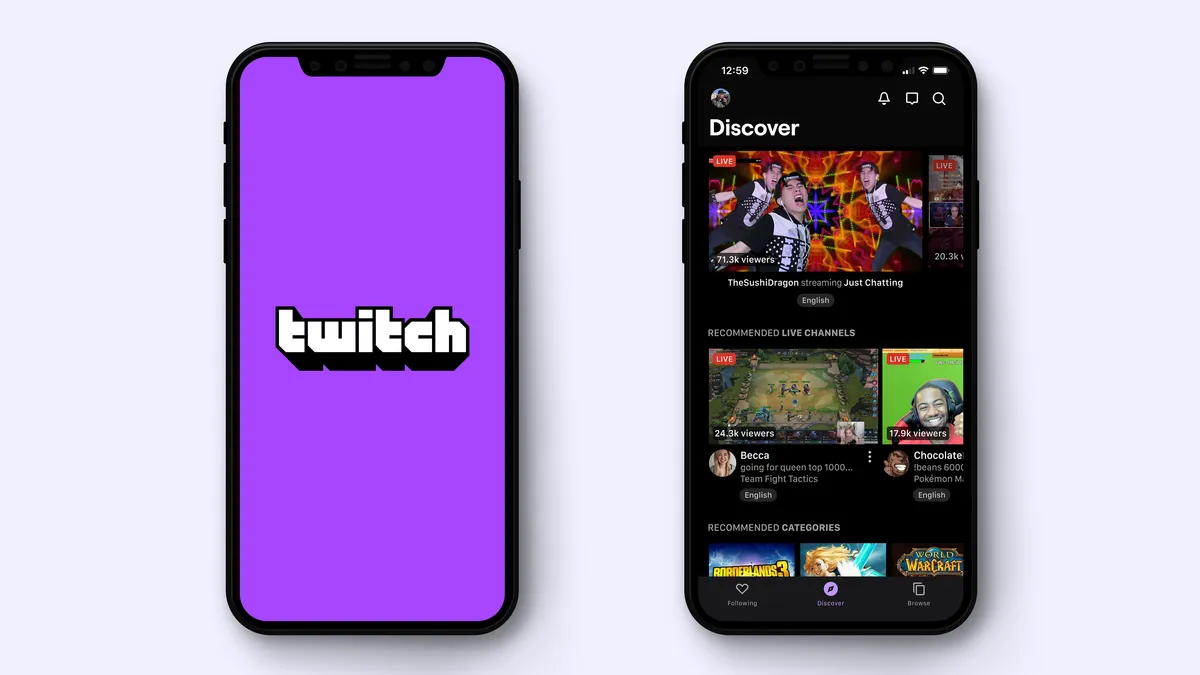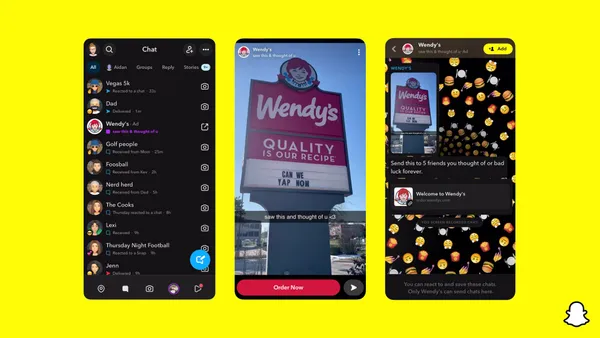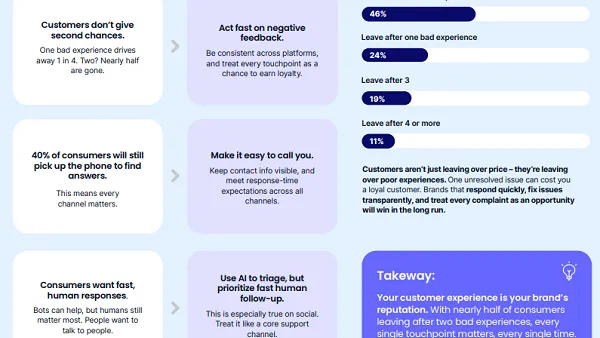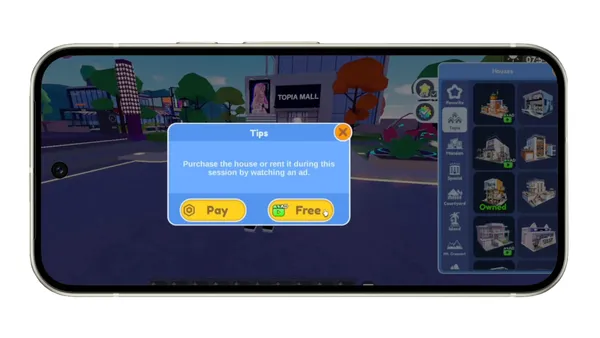Brief:
- Amazon's livestreaming platform Twitch hired Doug Scott as CMO, a title he previously held at social game developer Zynga, per an announcement shared with Mobile Marketer. Twitch had been without a CMO since July, when Kate Jhaveri left the company to oversee marketing at the NBA, Variety reported.
- Before joining Zynga, Scott was CMO of music startup BandPage and VP of marketing and revenue at mobile game publisher DeNA. He also worked for Electronic Arts, served on the board of Matrixx Initiatives and was an adviser to YouTube Music.
- Twitch this year also hired Sarah Iooss, who previously worked for digital publisher Mic, as head of North America sales; former Google executive Dan Clancy as EVP of creator and community experience; and Lenke Taylor, former head of HR at BuzzFeed, as chief people officer.
Insight:
Doug Scott's appointment as Twitch's CMO comes almost a month after the livestreaming platform undertook a massive rebranding effort to expand its audience beyond gamers. The rebranding included a refreshed logo that was inspired by its gaming community, a series of teaser videos starring comedian Eric Andre and a new slogan: "You're already one of us."
Twitch is estimated to have about 15 million users, according data compiled by Influencer Marketing Hub, and has the potential to expand its reach by adding a broader variety of programming that meshes with a wider audience base.
As part of efforts to broaden its reach, Twitch was included in a deal between Amazon and the NFL to stream "Thursday Night Football" for the third straight year. Unlike sports programming on broadcast stations that is mostly passive, Twitch urges greater interactivity with the livestreamed content on its platform. Fans can watch games as their favorite streamers provide commentary and interviews with surprise guests, or test their knowledge of football trivia in real-time games.
Scott comes to Twitch from Zynga, the company that helped to define social gaming by bringing games like "Farmville" and "Words With Friends" to Facebook. The company subsequently went through a rocky period of lower user engagement and declining sales, but has shown signs of turning things around, with revenue that grew 41% year-over-year to $306 million, according to its Q2 financial report.














